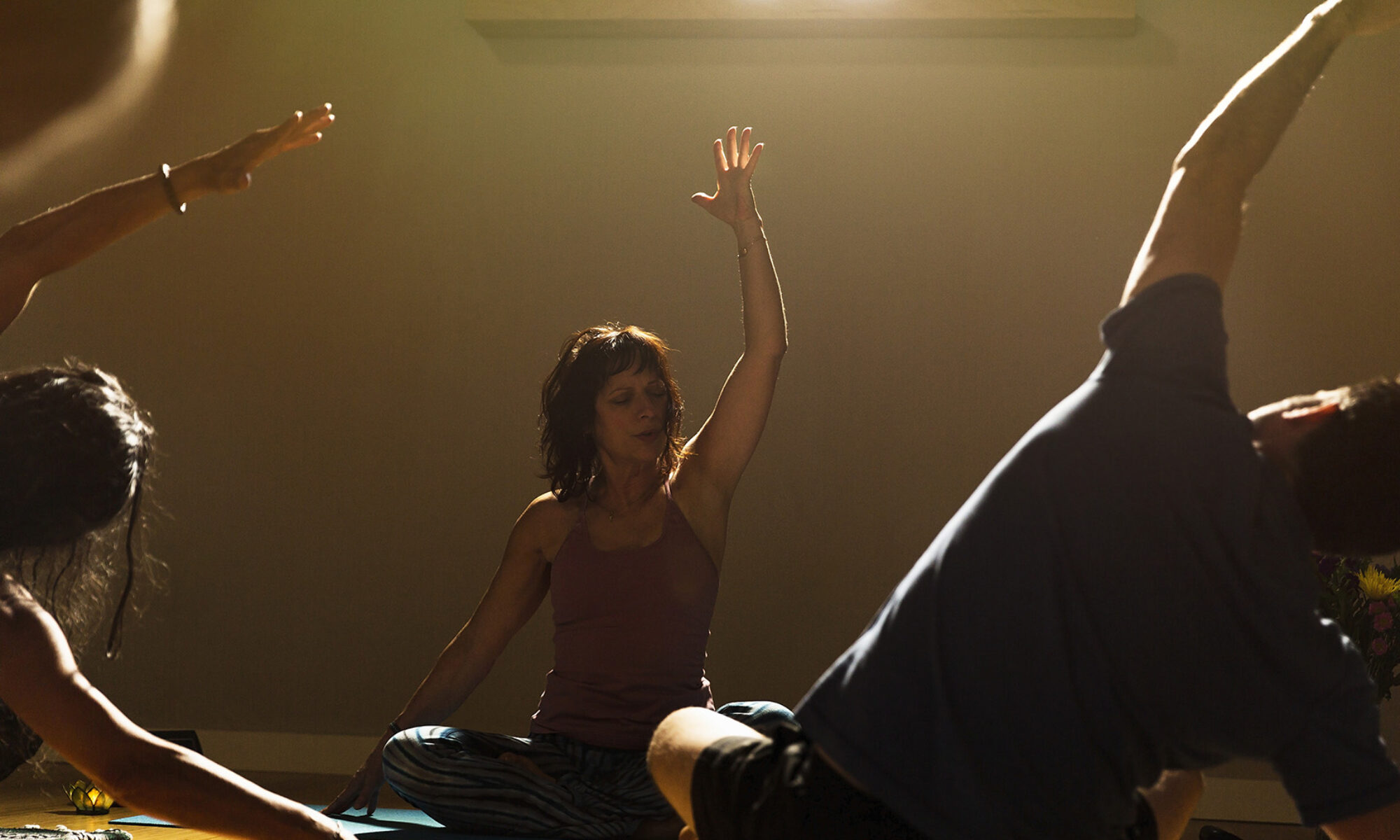
As yoga therapists, we're breaking grounds and making the field--a challenging and exciting time to live!
If you're like everybody else, you don't know what yoga therapy is. Here are four questions to help you see clear.
I get the question almost daily, “What’s yoga therapy? Isn’t yoga supposed to be therapeutic, in the first place?” And it’s true, yoga is a 5,000-year old mind-body practice that early seekers came up with to feel happier. So, yes, yoga is therapeutic by definition. That was years ago, though. Since then, yoga has turned into a physical practice mostly for those who are “fit”!
In the ocean of yoga styles, yoga therapy is a new yoga, a yoga for the “misfits”, which really means a yoga for each one of us since we all shift from being “fit” to “misfit”, and vice versa, during the course of our lives. Here are four questions to help you understand this practice that hardly no one knows yet, and what to expect from it.
Is yoga therapy actually a thing?
Yes and no.
Yes, in the way that the International Association of Yoga Therapists (IAYT), a non-profit founded in the late 80’s in the Western U.S. by a handful of yogis and doctors, has released training standards for yoga studios that want to offer a yoga therapy training program, and for yoga teachers who want to teach yoga therapy. There are 27 IAYT-accredited yoga therapy training programs, and 2,500 IAYT-certified yoga therapists, in the world. Each certified yoga therapist has received a training that answers the IAYT’s requirements, and is committed to obey to a code of ethics.
No, in the sense that yoga therapy is unregulated. Unlike acupuncture, chiropractic or counselling, there is no license given to those who are trained as yoga therapists. The IAYT is working on establishing yoga as a respected and recognized therapy. In the meantime, we’re the first generation, and breaking grounds.
That being said, there are yoga teachers out there who have had no formal training in yoga therapy and, still, who do a job just as good, if not better, than certified yoga therapists. It all depends on the teacher’s quality of presence and knowledge.
Who can yoga therapy help?
Anyone interested in deepening their healing journey. The practice is accessible to everyone, regardless of their fitness level, body type and mobility. I’ve had clients come to me for physical issues--lower back and hip issues, weight management, post-surgery recovery, post-cancer treatment recovery, Parkinson’s disease, and more—as well as for emotional breakthroughs--post-partum depression, grief after loss of a loved one, anxiety, to name a few. Yoga therapy can also help when we simply need to check in, feel and know what is truly going on with ourselves emotionally and physically, so that we can take the necessary action whenever we’re ready.
How does yoga therapy work?
It depends on the yoga therapist. Each one of us works with who we are as a human. Some yoga therapists have a background in physical therapy, others in psychology, others in the arts and more. We all do share one thing in common—we use yoga techniques to help a person create, develop and nurture their physical, emotional, mental and spiritual well being.
I personally love helping a person dive into their body, and feel the emotions that have been stored. My classes start with a specific hatha yoga (yoga of the poses) practice that’s geared to help participants connect deeply with their body. The practice is usually followed by a time where I invite them, thanks to a “toolkit”, to become aware of how they truly feel and then share it with their own words. Body connection, awareness and spoken word. These, to me, are the keys to wellbeing, if not health.
What does a yoga therapy session typically look like?
Yoga therapy works well in one-on-one private sessions or in small group classes or workshops. Other than that, each yoga therapist works their own way. Whatever the setting, you should expect a high quality of presence from a yoga therapist.
In a nutshell, the keys to achieving the benefits of yoga therapy is finding a teacher that you connect with, the believe in the body-mind connection and the willingness to step into that space.
